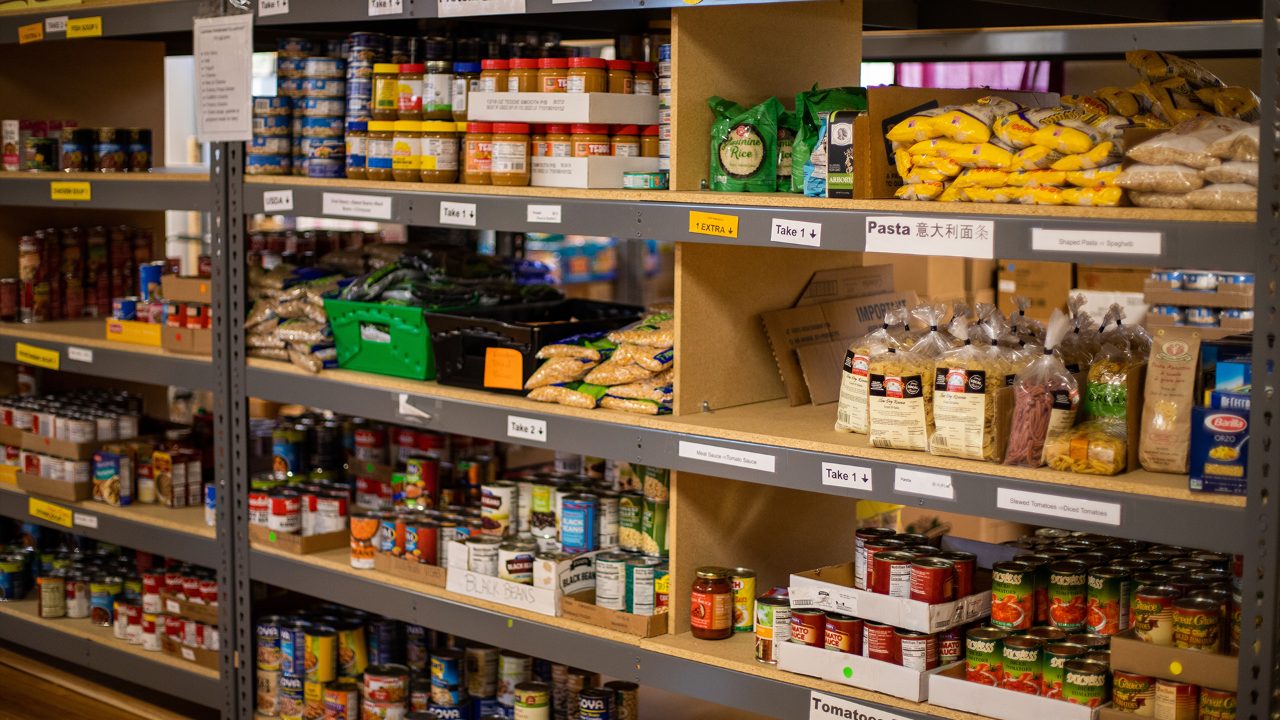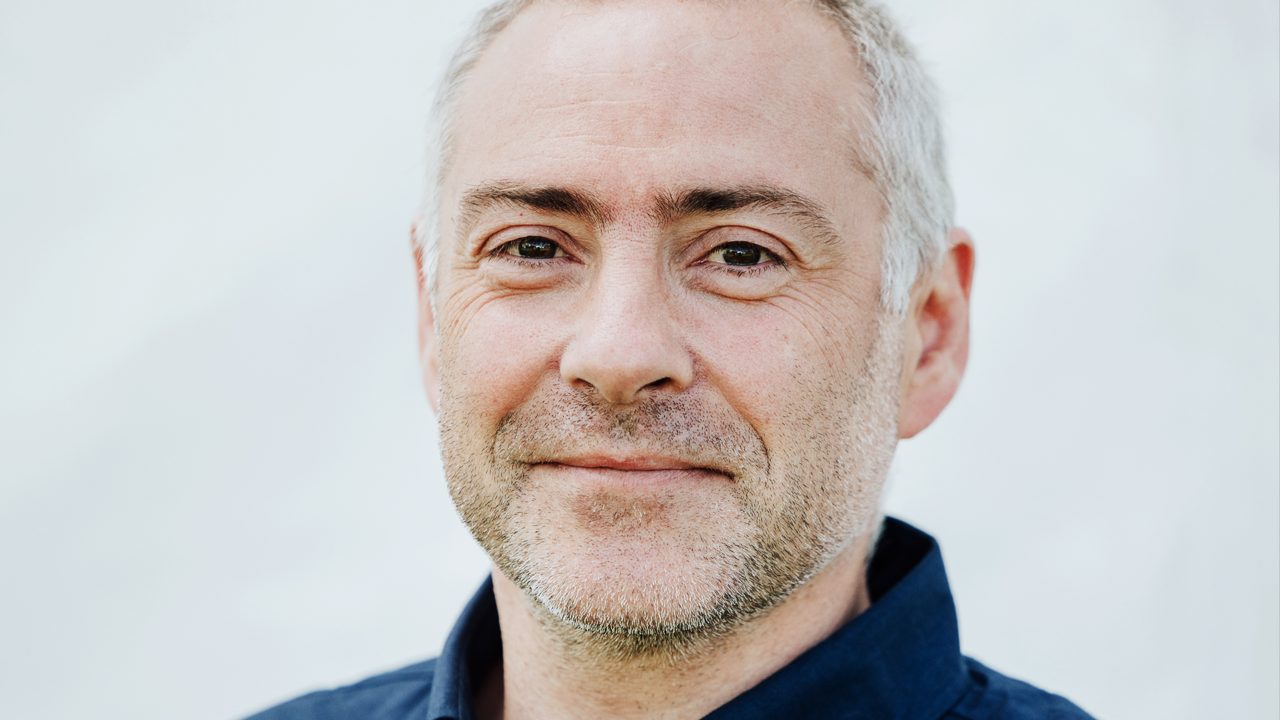A new research project to future-proof and protect New Zealand's food systems and the environment was selected by the Ministry of Business, Innovation and Employment as a recipient for their 2024 Endeavour Fund, granted more than $10 million in funding.
This is a collaboration between the Sustainable Nutrition Initiative of the Riddet Institute, hosted at Massey University and Iwi group Wakatu Incorporation.
Project co-leader Professor Warren McNabb told REX host Dominic George the primary goal is to create a New Zealand version of the Delta Model, a comprehensive analysis of food production, exports, imports, and consumption, which is expected to address the country's nutritional shortcomings and the effects of climate change on food systems.
"The impetus behind it is to create a New Zealand version of Delta," he said.
"We've really got to do something specifically for New Zealand, looking at the food we produce, what we export and what we keep to feed ourselves and what we import to help feed ourselves."
He went on to explain how the Delta Model could help mitigate the nutrition crisis in New Zealand. With climate change poised to impact food production, exports, imports, and the availability of nutrients to New Zealanders, this project aims to address these challenges head-on.
McNabb expressed concerns over the inadequate nutrition currently experienced by many New Zealanders.
He underscored that despite New Zealanders not being short of calories, there are considerable deficiencies in trace elements and micronutrients, such as calcium, vitamin E, vitamin A, and iron.
"So that's why we set this up. We want to understand that. Now, that's probably not about supply, it's about what we choose to consume.
"So New Zealanders don't have high levels of dairy consumption. It's not because we don't have the dairy, there's plenty of it. We are just not great consumers of it, which is why we probably have calcium problems we've got," said McNabb.
In addition to addressing nutrition issues, McNabb shared the initiative's plans to collaborate with Wakatu Incorporation, one of the largest private landowners in the South Island, to use the top of the South Island as a case study for the project.
"We essentially make it a country, if you like, and you look at all the food coming in and you look at all the food going out and you look at all the food that's produced and consumed within the top of the South Island.
"We had to pick an area and that's the one we picked."
With the goal of creating a tool for the Government and industry to test future scenarios, this project, led by McNabb, is a beacon of hope for a healthier, more sustainable food system in New Zealand.
Listen to the full chat between Professor Warren McNabb and Dominic George above.
To check out more episodes listen to the REX Today Podcast anytime on your favourite streaming platforms including Spotify, Apple Music and Rova or tune in to REX Mornings live on Magic from 5 am to 6 am every weekday.
Visit the Rural Exchange Facebook or Instagram page for more information and regular updates from the REX team.










